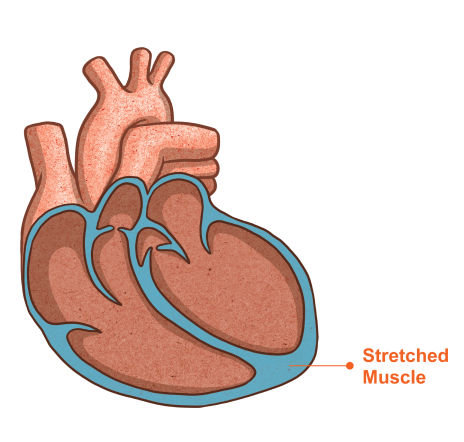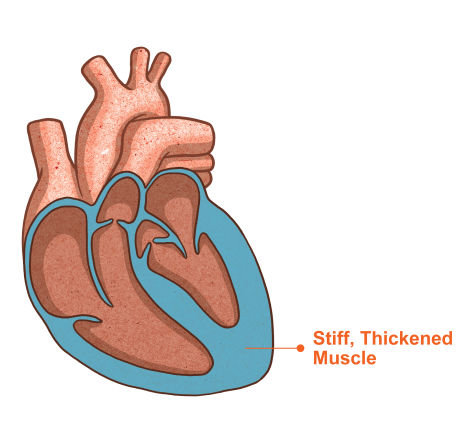
What is Heart Failure?
The words can be misleading. “Heart Failure” doesn’t mean the heart has stopped working. It means the heart can’t pump properly, so it can’t meet the body’s need for blood and oxygen.
Heart Failure can change the structure of your heart in 2 ways
-
Did you know?
-

Heart Failure Is Often Misunderstood
People with Heart Failure often have other conditions, such as diabetes, high blood pressure, COPD, or obesity. Because some of these symptoms may overlap, people with Heart Failure may receive treatments designed for other conditions. Fortunately, there are now treatments designed specifically for Heart Failure.
Do you recognize these signs?
The common symptoms of Heart Failure are:
Shortness of breath
Swelling
Trouble breathing while sleeping or lying flat
Coughing
Confusion
Fatigued or feeling tired
Learn more about the symptoms here.




